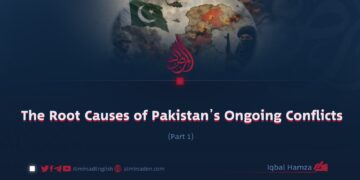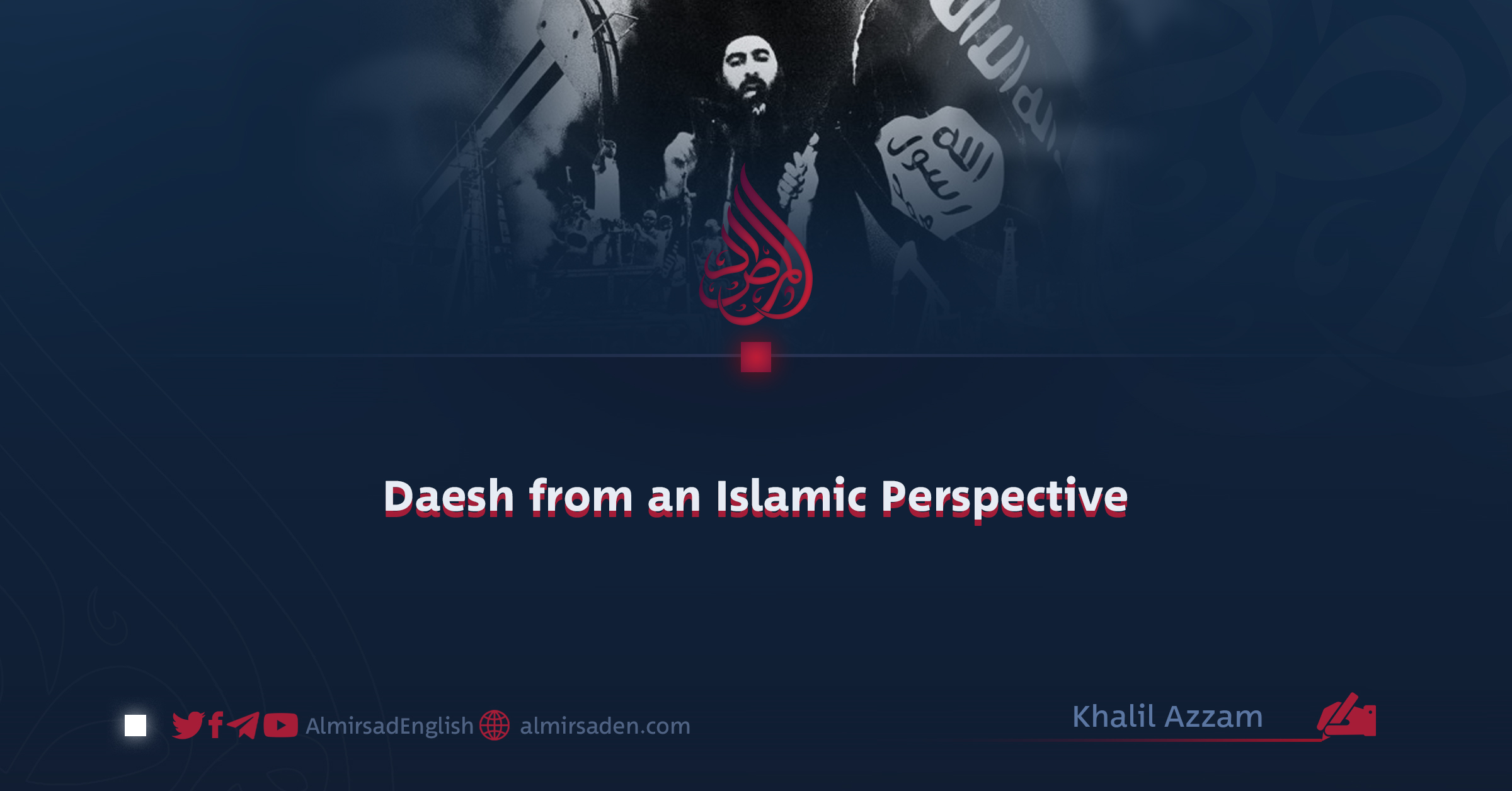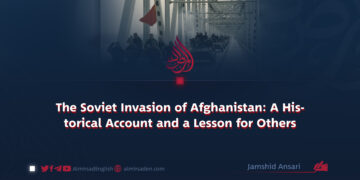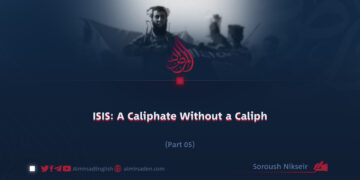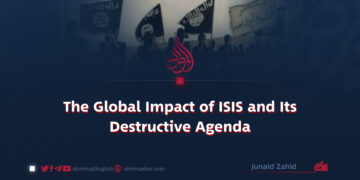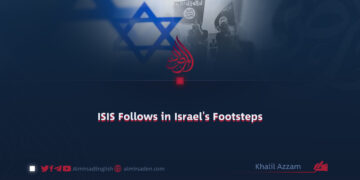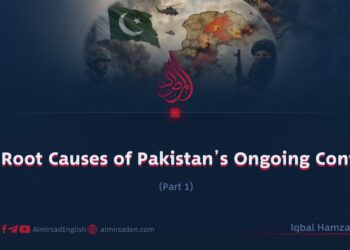Written by: Khalil Azzam
The Daeshi Khawarij represent a modern manifestation of a historical deviation—distorting religion with shallow interpretations, exploiting the outward appearance of Islam, and manipulating the ignorance of the masses to advance their own political agenda. Under the pretense of religious purity, they hijack sacred terminology and symbolism to justify their extremist goals.
In the contemporary era, anti-Islamic forces—those who once architected the ideological Cold War against Islam—continue their campaign through proxy entities like Daesh. These groups are presented as the true embodiment of Islam, while in reality, they are carefully crafted instruments of defamation. Daesh, in particular, functions as a proxy for regional and international political powers, acting on behalf of hostile agendas rather than Islamic teachings. Its Takfiri ideology, which involves excommunicating Muslims over minor disagreements, starkly contrasts the inclusive and merciful message of Islam.
While some Muslims have been deceived into joining its ranks, Daesh’s actions and ideology are completely incompatible with Islamic guidance. Instead, they embody the legacy of the Khawarij—historical rebels who opposed Islam from within its fold. Their objectives are to divide the Muslim Ummah, sow discord, and weaken the spirit of legitimate jihad and resistance against disbelievers.
Numerous Western scholars and analysts who have sincerely studied Islam acknowledge that groups like Daesh do not reflect the essence of the religion. Rather, they are artificially manufactured instruments, funded and deployed to incite social chaos and tarnish Islam’s global image.
The understanding of Islam held by the Daeshi Khawarij is superficial and self-serving. They view themselves as more knowledgeable than the Prophet Muhammad (PBUH), reducing his elevated status to that of an ordinary man. Though they claim to follow the Qur’an, they interpret it only through the lens of their extremist agenda. Their behavior mirrors that of the Crusaders, who committed atrocities in the name of religion—except the Crusaders openly declared themselves Christian, while Daesh carries out similar barbarism under the banner of Islam.
Like the deviant sects before them, Daesh selectively adheres to Islamic teachings. They accept certain aspects while rejecting others, resembling those whom the Qur’an describes as: “We believe in some and reject others” (Qur’an 4:150). They fixate on verses related to jihad, ignoring the broader context and conditions outlined in the Qur’an and Sunnah. This leads them to unjustly declare fellow Muslims as disbelievers and to commit public executions—acts that have been documented and circulated widely through social media.
Under the guise of jihad, they commit crimes that repel non-Muslims who might otherwise be drawn to the message of Islam. Their actions are then propagated by hostile media outlets to discredit the Qur’an and Islamic teachings. In reality, Islam provides a clear ethical framework for jihad, emphasizing justice, mercy, and the importance of invitation (da’wah) before confrontation. The Prophet Muhammad (PBUH) consistently offered Islam peacefully to rulers and nations before any military engagement.
Central to Islamic teachings is the life and Sunnah of the Prophet Muhammad (PBUH), whom Allah described as “a mercy to the world.” The Prophet was entrusted with explaining divine revelation, and his example is inseparable from understanding Islam. Yet Daesh dismisses this foundational aspect of religion, behaving as though his guidance is irrelevant to their objectives.
Their knowledge of Islam is not only superficial but dangerous. They declare anyone who opposes their ideology as disbelievers, deserving of death—even while knowing such actions have no sanction in Islamic law. Yet they persist, driven not by religious conviction but by other motives.
A major motivator for Daesh is material gain. Despite receiving vast sums from their foreign backers, they present themselves as financially independent by imposing taxes such as ushr, zakat, jizya, and other levies on the people. These are enforced not out of religious duty, but to fabricate legitimacy and mask the financial support provided by their sponsors. High salaries in dollars are used to attract recruits, making financial incentives a core part of their recruitment strategy.
Throughout Islamic history, jihad has never been an aimless bloodletting. It has always been accompanied by da’wah—calling people to Islam peacefully. The letters of the Prophet (PBUH) to emperors and kings were clear: accept Islam first, then all else would follow. Only when such calls were rejected did armed struggle become an option. This balanced, principled approach stands in stark contrast to the brutality exhibited by ISIS, whose conduct recalls the horrors perpetrated by Genghis Khan, the colonial British Empire, and Alexander the Great—not the noble legacy of Islamic struggle.
In conclusion, Daesh is not a religious movement, but a politically motivated, externally supported project designed to malign Islam. It is the spiritual heir to the Khawarij, a group historically condemned for its extremism and rebellion. The Islamic Ummah must remain vigilant and informed, rejecting such misrepresentations and upholding the true, comprehensive guidance of the Qur’an and Sunnah.













